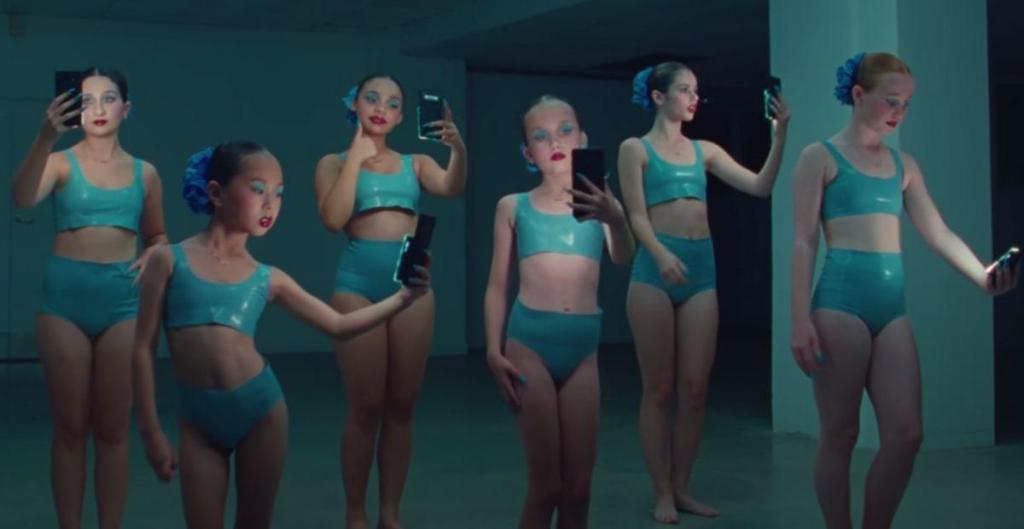Odds are, if you were a teenager in the early 2000s, Christina Aguilera’s “Beautiful” was an anthem for self-acceptance. The iconic music video—which featured a more grounded, less pop diva Aguilera—touched on themes of distorted body image, gender identity and LGBTQ issues while sending a clear message of “you’re perfectly fine, just the way you are.”
It’s a message that still bears repeating today, especially for teens. It’s no secret that social media does real harm when there’s too much exposure, and younger generations in particular are flooded with images that seem to say anything but “you are enough.”
On October 19, 20 years after the original music video was released, Aguilera marked its anniversary with an updated version. Though it takes on a modern spin, the song’s inspiring message still rings true.
Aguilera herself does not appear in the video. Instead, viewers witness a slew of various teens, nearly all staring blankly into their phones. Each group is affected somewhat differently—a group of young dancers apply makeup under a ring light and obsessively find their best pose, another young woman surrounded by photos of voluptuous models contemplates breast implants, a boy watches an older, hypermuscular man lift weights, another girl stares into a vending machine filled with diet supplements, a teen boy sits alone in a mental health facility while staring at a razor and pills.
We also see a group of five very young girls awaiting plastic surgery, as indicated by the black marks on their faces, juxtaposed between a series of “before-and-after” shots. While the video itself is jarring, the sad reality is that there’s little exaggeration in it.
The video does end on a more hopeful note, concluding with the same kids playing together on a grassy field. You know, actually getting to be kids. And that kind of freedom, without a doubt, is truly beautiful.
However, the very last few frames are still rather sobering, depicting blood ominously flowing out of a cellphone, with the warning, “Social media has transformed our relationship with our bodies, and in turn, our mental health. Research suggests that time spent on social networking sites is associated with body image issues, self-harm and disordered eating in children and teens. This needs to change.”
Aguilera posted a short version of the music video onto her Instagram page, along with the caption:
“We are Beautiful, no matter what they say ❤️A message I will always stand by and a message I prioritize to instill in my own children through every chapter of their lives!”
“Today, it’s harder than ever to hear our own voice amongst so many others infiltrating our feeds and minds with mixed messaging… ultimately leading us to tune-out our own truth and self worth.
“The original ‘’Beautiful’ video set out to bring awareness and a sense of compassion in the face of judgment, criticism, and outside opinions. It still carries an important message to remember our core values outside of what’s being fed to us…to find a sense of balance and accepting ourselves for who we are.”
I can still vividly remember how much this original song meant to me as a teenager drowning in feelings of unworthiness, caused largely in part to being told how I didn’t measure up to standards projected by the media (namely magazines, in my time). Where I wish that young people today didn’t have to endure a similar kind of subliminal attack to their self-esteem, hopefully this video can offer them the same empowering reminder to not let toxic messaging bring them down.





















